Harnessing the Power of Solar Panels:

Cost Savings, Environmental Impact, and Performance
As energy costs continue to rise and concerns about climate change intensify, many homeowners and businesses are turning to solar power as a sustainable and cost-effective solution. Solar panels not only help reduce electricity bills, but they also offer significant environmental and financial benefits. In this post, we’ll explore several key aspects of solar energy, from cost savings and environmental impact to panel efficiency, financial advantages, and installation considerations. If you’ve ever wondered whether solar panels are the right choice for you, read on for insights that might just light the way.
Solar Panel Cost Savings: Can Solar Energy Really Reduce Your Bills?
One of the most compelling reasons people invest in solar panels is the potential for significant cost savings. The average monthly electric bill with solar panels can vary depending on factors such as location, energy consumption, and the size of the solar system. However, most solar users see a considerable reduction in their electricity bills.
So, do solar panels really reduce electricity bills? The answer is a resounding yes. Solar panels generate electricity from the sun, which can either be used to power your home or business or sold back to the grid through net metering. This results in lower electricity bills and, in some cases, credits from your utility company. The size of the savings depends on how much of your energy consumption is offset by solar power.
Cutting Electricity Costs with Solar: A Smart Investment
Solar power offers a solid return on investment (ROI), particularly in areas with high electricity costs. For many homeowners, the monthly bill for solar panels is significantly lower than their previous electric bill, and after the panels are paid off, the energy savings are essentially free. Comparing the electric bill before and after solar panels makes the benefit even more apparent, as you can reduce or even eliminate your reliance on expensive grid electricity.
When you install solar panels, your electric bill will typically show the amount of energy your system has generated and how much electricity you’ve drawn from the grid (if any). This is how solar panels work with your electric bill: the more energy your panels generate, the less you’ll need from the grid, leading to reduced costs
How Solar Panels Help the Environment: A Greener Energy Source
Beyond the financial perks, solar energy plays a crucial role in reducing the environmental impact of electricity generation. Traditional electricity sources, such as coal and natural gas, contribute to air pollution, water contamination, and greenhouse gas emissions. Solar energy, on the other hand, is a clean and renewable resource that can significantly reduce the carbon footprint of homes and businesses.
The environmental impact of solar energy is clear when you consider that solar panels produce electricity without emitting harmful pollutants or depleting natural resources. Solar energy and climate change benefits go hand in hand. By adopting solar, you’re contributing to the global effort to reduce greenhouse gas emissions and mitigate climate change.
Solar Panels for Sustainable Living: A Step Toward a Better Future
Installing solar panels is a step toward creating green homes and promoting sustainable living. Solar energy for a better future is more than just a catchphrase; it represents a shift toward renewable energy sources that don’t damage the planet. Solar panels are also a key element of homes designed to meet high environmental standards, such as LEED certification or net-zero energy homes.
By choosing solar, you’re helping to reduce the demand for fossil fuels, which in turn helps lower carbon emissions and pollution. Solar panels for sustainable living are an investment in not just your home, but the planet as well.

Understanding Solar Panel Efficiency: What Makes a Panel Effective?
Solar panel efficiency refers to the amount of sunlight that is converted into usable electricity. The solar panel efficiency formula is simple: efficiency is calculated by dividing the electrical output (in watts) by the sunlight energy input (in watts). For example, if a 220W solar panel generates 220 watts of power under full sunlight, its efficiency would be determined by how much sunlight it captures versus the energy it generates.
Knowing if your solar panels are working efficiently is essential to maximizing your savings and energy production. Monitoring systems are typically installed with solar systems to provide real-time data on energy output, which allows you to assess whether your panels are performing optimally.
Solar Panel Power and Sizing: How Much Energy Do They Produce?
For those wondering how fast a 220W solar panel can generate energy or how much current a 100W 12V solar panel produces, it’s important to understand the relationship between power output and current. A 220W solar panel can generate enough energy to power small appliances, lighting systems, or a portion of a household’s energy needs. A 100W solar panel typically produces about 8.33 amps of current in ideal conditions.
Accurate solar panel sizing systems are essential for ensuring your panels meet your energy needs. Whether you’re installing a solar panel system for your house or a commercial building, an expert installer can help you calculate the appropriate size and number of panels to generate the energy you require.
Achieving Solar Financial Freedom: Saving Money Over the Long Term
Investing in solar panels not only lowers your electric bills but can also offer long-term financial benefits. With the possibility of achieving solar financial freedom, many people find that solar installations pay for themselves over time. After the initial investment, the ongoing energy savings add up, resulting in thousands of dollars in savings over the lifespan of the system.
In addition to cost savings, many regions offer government rebates for solar panels, tax incentives, and credits for energy produced. These financial incentives can significantly reduce the upfront cost of solar installation, making it an even more attractive option for homeowners and businesses alike.
How Solar Panels Work to Save Money and Boost Home Value
In states like Florida, where sunshine is abundant, solar panels are a popular option. They not only reduce electricity bills but can also increase the value of your home. Many potential buyers are willing to pay more for homes with solar installations because they recognize the energy savings and environmental benefits.
Additionally, solar panels and home insurance in Florida often complement each other. In some cases, having solar panels may qualify you for lower insurance premiums, as solar panels can make homes more energy-independent and potentially safer during power outages.
Ensuring Efficiency: The Benefits of Cleaning Solar Panels
Over time, dust, dirt, and debris can accumulate on your solar panels, reducing their efficiency. The benefits of cleaning solar panels are clear: keeping your panels clean ensures they can capture as much sunlight as possible, maximizing their energy production. Many installers recommend periodic cleaning, especially in areas prone to heavy dust or pollen.
Solar Panels on Roofs: Maximizing Sun Exposure
One of the most common places to install solar panels is on the roof. The advantages of solar panels on roofs include maximizing exposure to sunlight and utilizing unused space. Roof-mounted panels are typically positioned to capture the most sunlight throughout the day, ensuring optimal energy production.
Grounding solar panels is also an important part of installation. When considering where to ground your solar panels, it’s best to follow local electrical codes and work with an experienced installer to ensure the system is safe and compliant.
Solar Panels for Schools and Public Buildings
Installing solar panels isn’t just for homes—schools and other public buildings can also benefit. The number of panels required depends on the size of the building and its energy consumption. For instance, calculating how many solar panels would you use for a school involves determining the building’s daily energy use and the amount of available roof space for installation.
Conclusion: Solar Energy as a Smart Investment
As we’ve explored, the benefits of solar panels are numerous, from cost savings and environmental impact to financial freedom and improved efficiency. By reducing reliance on traditional energy sources, solar power is a sustainable choice that supports a cleaner, greener future. Whether you’re considering solar for your home, school, or business, the long-term benefits make it a wise and impactful investment. Solar panels are not only a way to save money, but they also play a crucial role in combating climate change and promoting a more sustainable way of living.
